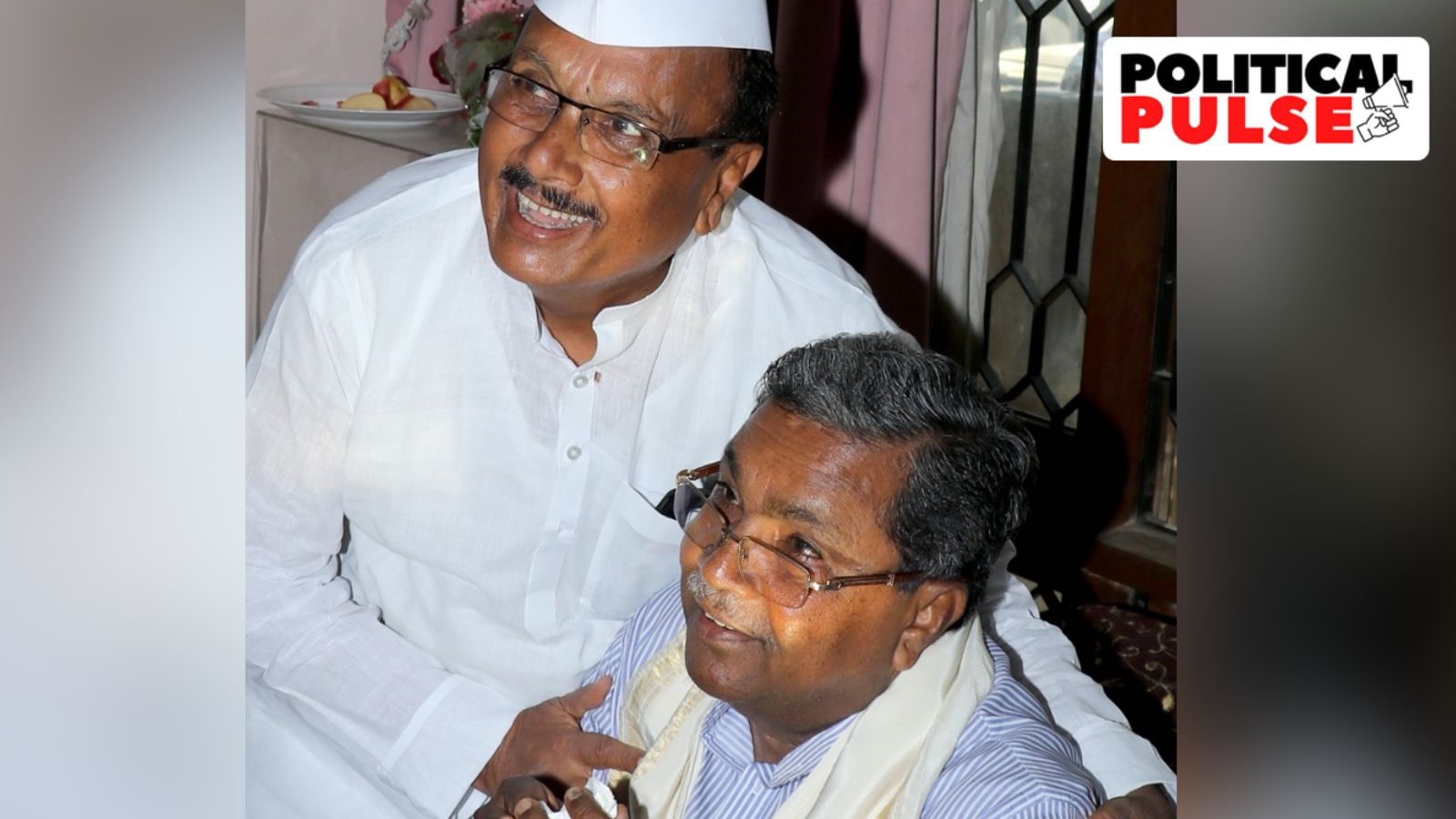 |
|
The recent resignation of B R Patil, a veteran politician and political advisor to Karnataka Chief Minister Siddaramaiah, has once again exposed the deep-seated power struggles and internal divisions within the state's Congress party. Patil's departure, a seemingly surprising move given his previously staunch loyalty to Siddaramaiah, underscores the complex dynamics at play within the ruling coalition. The timing of the resignation is particularly significant, coinciding with reports of a brewing power struggle between Siddaramaiah and D K Shivakumar, centered around an alleged power-sharing agreement – a rotational chief ministership – which Siddaramaiah has consistently denied. While sources within the Congress maintain that Patil's resignation is not directly linked to this central conflict, the event nevertheless contributes to the perception of instability and internal conflict within the party.
The reasons behind Patil's resignation are multifaceted and reveal a more nuanced picture of the situation. While the official statements attribute the decision to unspecified “problems,” sources suggest that Patil's dissatisfaction stemmed from a perceived lack of importance within the CM's office. Despite his proximity to Siddaramaiah and his expectation of a ministerial position after the 2023 election, Patil was ultimately passed over, with ministerial berths instead going to Priyank Kharge, son of Congress president Mallikarjun Kharge, and another MLA from the Kalaburagi district. This snub, coupled with Patil's reported strained relationship with Priyank Kharge, who holds significant influence in the Kalaburagi region (Patil's stronghold), appears to have contributed to his feelings of being sidelined and undervalued.
Furthermore, Patil's complaints extended beyond personal grievances. He reportedly expressed unhappiness about his limited role in governance and the lack of influence he wielded in securing development projects for his constituency due to insufficient funding. This points to a broader issue of dissatisfaction among senior party members, echoing a previous letter Patil wrote to Siddaramaiah in July 2023. This letter, which complained about the unfair treatment of MLAs by certain ministers, further exposed the discontent simmering within the Congress ranks. The appointment of three senior MLAs, including Patil, to key posts with cabinet ranking, was a clear attempt to appease this discontent, but ultimately proved insufficient to address the underlying issues.
Patil's strategic timing of his resignation, after the Governor's assent to the Karnataka Legislature (Prevention of Disqualification) Act, demonstrates a level of political calculation. The Act aimed to protect advisors to the CM and Deputy CM from disqualification as MLAs, providing Patil with the freedom to resign without immediate political repercussions. This suggests a premeditated decision, highlighting the depth of his frustration and his willingness to publicly demonstrate his dissatisfaction. The resignation itself is not merely a personal matter; it represents a visible symptom of the deeper internal struggles and policy disagreements within the Karnataka Congress.
The broader implications of Patil's resignation extend beyond the immediate political fallout. It raises questions about the stability of the Congress government in Karnataka and the party's ability to effectively govern. The internal power struggles, the evident dissatisfaction among senior party members, and the unresolved policy disagreements all contribute to a sense of uncertainty and fragility. The situation serves as a warning sign for the Congress, indicating the need for internal reconciliation and a more cohesive approach to governance to effectively address the challenges facing the state.
The incident also sheds light on the broader political landscape of Karnataka. The interplay between different factions within the Congress, the influence of regional power brokers, and the impact of family politics are all factors that contribute to the ongoing turmoil. The future trajectory of the Karnataka Congress hinges on the party's ability to address these underlying tensions and forge a united front. The resignation of a veteran and loyalist such as Patil is a stark reminder of the significant challenges facing the party and the potential ramifications for the state's political future. Further developments are likely to occur as the fallout from this event continues to unfold.
Source: As Siddaramaiah’s advisor resigns, more fissures in Karnataka Congress laid bare
